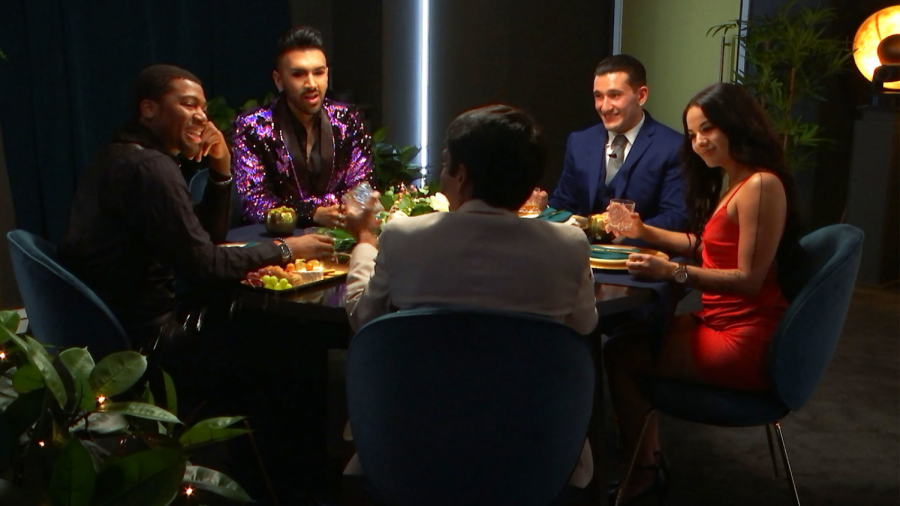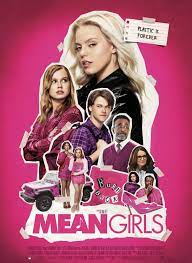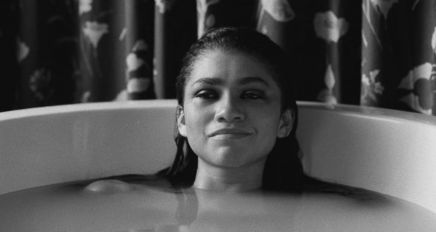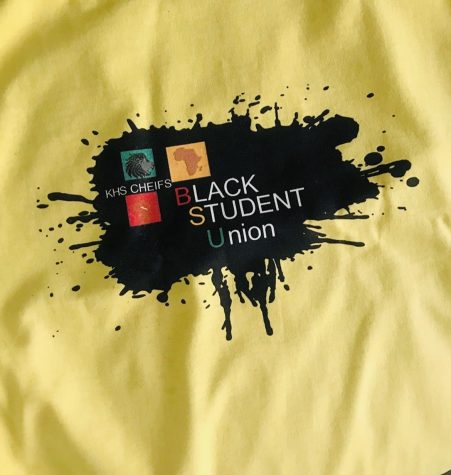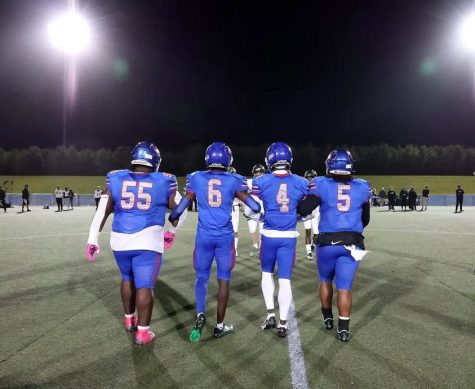“The Circle”: A Show For and About the Next Generation
![]() Most high schoolers start the day in the same way: on social media. We spend hours combing through Tumblr posts and scrolling for miles on Instagram. In fact, it’s not uncommon to be told by adults that we’re “wasting our time.” But Netflix found a way for us to put our years of experience with social media to good use.
Most high schoolers start the day in the same way: on social media. We spend hours combing through Tumblr posts and scrolling for miles on Instagram. In fact, it’s not uncommon to be told by adults that we’re “wasting our time.” But Netflix found a way for us to put our years of experience with social media to good use.
A recently trending Netflix reality show, “The Circle”, takes the negative stigma surrounding social media and flips it on its head. The show’s premise is to send eight contestants into personalized apartments and compete to win $100,000. However, it comes with a twist: none of the competitors meet face-to-face. Each player is provided a screen to communicate with others via a social media platform called The Circle. Contestants have the choice to present their authentic selves or catfish other players with a fake identity.
Essentially, the players are thrown into a modern social experiment that holds underlying commentary about our reality. It offers the question of how will people respond to integrity in an environment built for dishonesty?
What I found most interesting was the strategies behind each player’s game. Many of the catfishes operated under the assumption that attractive faces would win the game so they used pictures that followed society’s beauty standards. At surface level, this strategy was effective, but as the game moved forward, players cared less about looks and bonded most over personality and authentic conversations.
Player Alex posed as Adam, a non-stop flirt with a fit body. His plan was to woo female players through flirting which ultimately backfired as many of the women found his behavior off-putting. Alex only made true connections when he faltered and acted as himself.
A contrasting situation occurred with Sean, a plus-size social media manager. Sean used pictures of her skinnier friend to catfish because she thought no one would approach her if she used her real pictures. However, the lie became too much and she eventually came clean. Rather than confirming her fears, players had no problem accepting Sean as she was. In fact, their only qualm was that she hadn’t come as herself in the first place.
“The Circle” has completely broken the image viewers have on social media. We often fall prey to the false idea of what people find attractive and believe the only way to be popular is to lie. This show proves this concept is wrong and people respond positively to integrity and honesty. The game’s winner is a living example as he played with a truthful strategy which led to him making personal connections with his fellow competitors.
The show also erases the stigma that authentic relationships can’t form through social media. Seaburn, who catfished as his girlfriend, expressed a real friendship with Shubham, who played as himself. Despite using fake pictures, Seaburn kept it one hundred with Shubham, leading to a sibling-like relationship that lasted well past the show’s run.
Fellow players went as far as to call each other family which goes to show people really can bond through social media. “The Circle“ combats many of the false ideas surrounding social networking and establishes genuine human connections during gameplay. It also breaks the expectations that all reality shows consist of are catfights and needless drama. Usually, I’m not drawn to these types of shows, but the format starts societal conversations and leaves room for lessons to be learned.
Unlike most reality shows, “The Circle” gives me confidence in the human capacity for trust and emotion. Other shows often showcase the more senseless and petty side of people, but “The Circle“ does the opposite. While not every contestant is perfect, they don’t come off as barbarians that reduce my faith in humanity. The show displays the best parts of social media that are often lost amongst the stereotypes tacked on by a generation that didn’t grow up with social media.
Overall, the complexity of the show earns it a four out of five stars. The nuanced approaches to modern conflicts change the way a reality game show can be played. My only minor problem was how quickly contestants filtered in and out of the show, giving us no time to get to know anyone other than the original eight. Other than that, “The Circle“ has made strides in proving social media isn’t always the enemy and teaching how to use it as a tool rather than a weapon.

Janelle Camba is a senior in her second year with the newspaper. She is a member of DECA, FBLA, NHS, and the Interact Club. In her free time, she enjoys...



